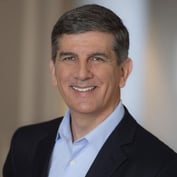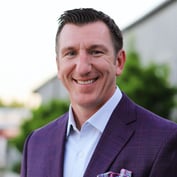Working Americans would rather clean their inboxes or toilets – and even do their taxes – than pick a health care plan, a study from Aflac finds.
The research, released Tuesday, reveals that close to 40% of employees surveyed would choose to clean out their email inbox instead of research their health care benefits. Almost 25% would prefer to clean their toilet, and nearly 20% would rather do their income taxes.
The findings point to the important role financial advisors and other professionals can have in helping individuals get the education they need to make the right decisions based on costs and other factors.
“Despite the shift to more consumer-directed health care, U.S. workers are still not moved by the full financial consequences of their health insurance choices during open enrollment,” said Matthew Owenby, senior vice president, chief human resources officer at Aflac, in a statement.
“In a perfect world, workers would weigh not only the monthly cost of an insurance plan, but also how much of the total cost of their health care they’ll be responsible for to cover any unexpected out-of-pocket costs,” Owenby explained. “In a sense, they are rolling the dice with their financial future.”
The need for individuals to focus on their health care costs is only increasing, says Aflac, which provides voluntary insurance in the workplace for financial support following an accidents or illness.
“As employers continue to load more health care expenses onto workers, more than half (53%) of employees are still choosing a major medical plan based on factors that may have little to do with the total cost of health care for which they are increasingly responsible,” the insurance company stated in a press release.
According to the 2015 Aflac Open Enrollment Survey, most workers (75%) at least somewhat agree that even with health insurance, their medical co-pays and other out-of-pocket expenses are more than they can afford at times. Still, large numbers of consumers lack the desire to research these benefits.
(The survey included interviews with 2,000 U.S. adults employed either full or part time in June and July 2015. Aflac is an insurer that provides health plans among other types of coverage.)
It’s Painful, but …








 September 22, 2015 at 10:02 AM
September 22, 2015 at 10:02 AM










